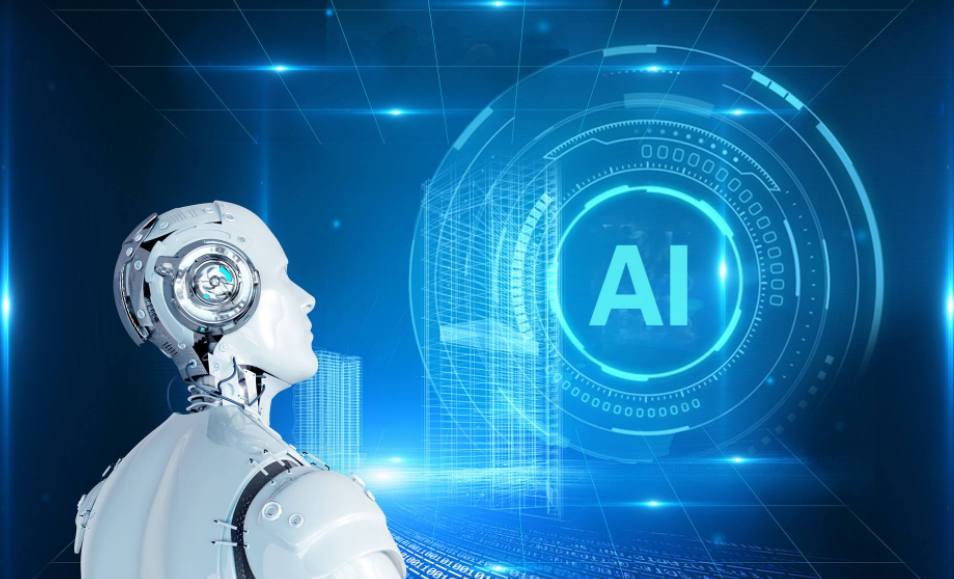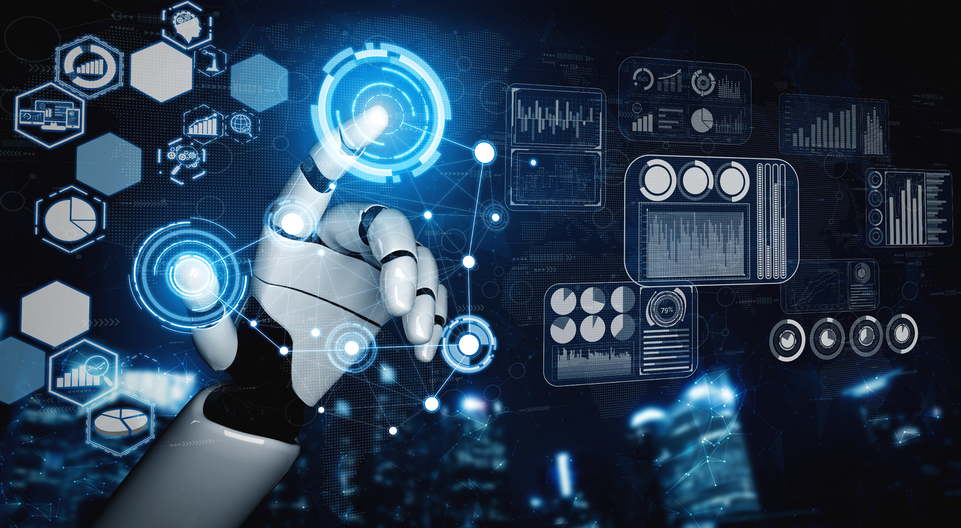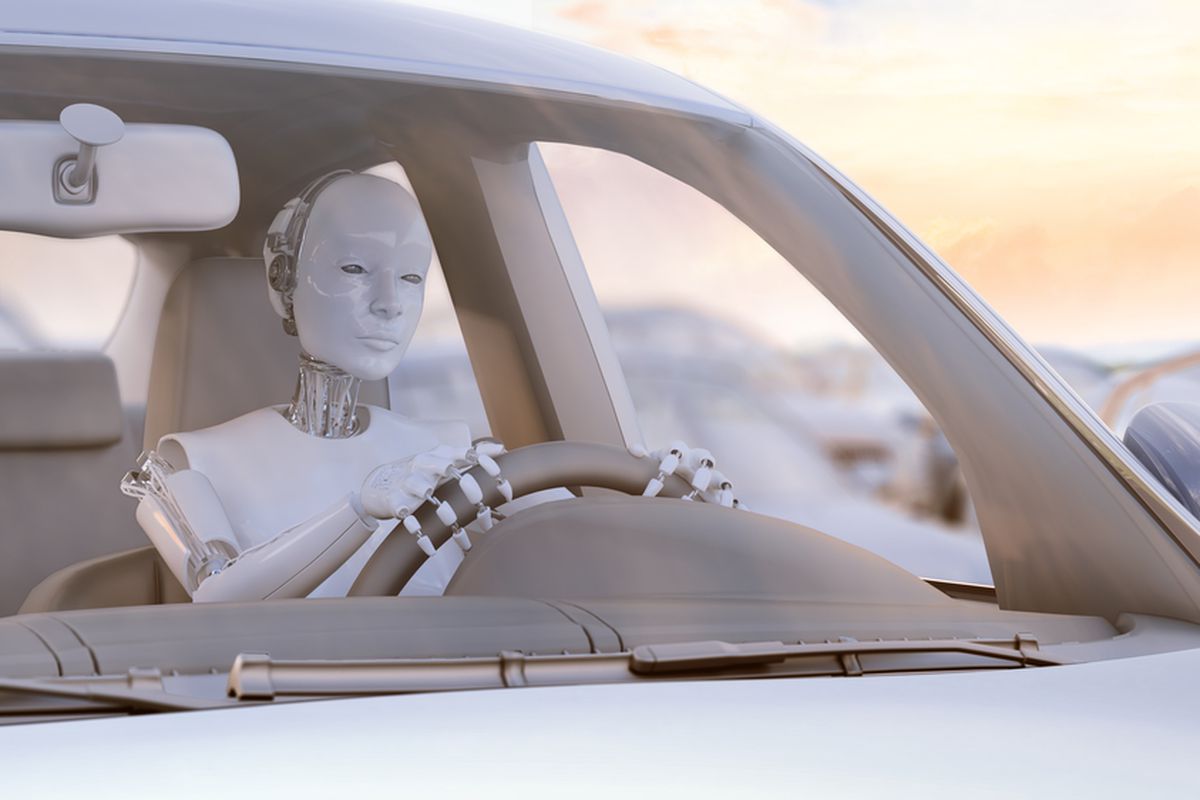Advancements in technology and computing such as artificial intelligence (AI) are leading the way to robotic innovations on a level never seen before. Our reality is becoming one where smart robots, which can outperform human labor with greater ease and efficiency, are stationed in the world around us. While these advancements have the potential to revolutionize many industries and improve our quality of life, they also raise concerns about the impact that these machines could have on our society. The fear of losing jobs to automation and the potential for robots or their AIs to act outside of human control are becoming important talking points in public discourse. With that said, are robotic innovations something to fear?

It is important to acknowledge the benefits of advanced robotics while discussing the potential threats that they might pose. Advancements in robotics have already transformed many industries, from manufacturing and logistics to healthcare and agriculture. Some examples are camera and AI-assisted robotic arms, surgical robots, robotic skeletons, automated checkout lanes, and even AI-assisted tractors for farming. Robots can perform repetitive tasks faster and more accurately than humans, and they can operate in hazardous or challenging environments, reducing the risk of injury or death. Smart robots have the potential to increase our quality of life and access to necessities dramatically in the future.
However, as robotics technology continues to advance, there is a growing concern that these machines could replace human workers, leading to widespread job loss and economic disruption. Cashiers, for example, could lose their jobs. Blue-collar and white-collar professionals alike might be faced with more competition. There are many business sectors that are beginning to see this fear as legitimate. Goldman Sachs has reported, somewhat open-endedly, that they believe artificial intelligence will replace around 300 million full-time jobs in the future. It is clear that smart robots will have an effect on our economy and the world in general.

Concern over job loss and economic disruption must be recognized and confronted. However, it should not be taken as a fact that the effects will be exclusively bad. As mentioned before, robots can perform tasks that are dangerous, repetitive, or require precision, which can free up humans to focus on more complex and creative work. Smart robots can act as assisting tools in our workplace. Developing and implementing robotics technology can create new job opportunities in areas like design, programming, and maintenance. It is also worth noting that technological advancements throughout history have often led to new opportunities and possibilities for human beings. Therefore, while it's important to be aware of the potential challenges, it's also important to approach the use of robots with an open mind and optimism for the future.
Potential job loss is not the only concern that smart robotics bring, however. There are tangible concerns that the increasing autonomy of robots could pose a threat to human safety. If robots are made to be too autonomous and do not receive enough oversight, they might make decisions that put humans at risk. They might choose to prioritize their own welfare over the welfare of human lives. While this scenario may seem fanciful or like science fiction, it is not impossible. Malfunctions occur in software and if a malfunction occurred to a self-driving car, for instance, the result could mean the death of the driver or other drivers involved in the accident.
To be fair though, robots becoming more autonomous does not necessarily mean that they are becoming more dangerous. In fact, increased autonomy could lead to safer and better operation of vehicles and processes overall. A self-driving car that can make decisions based on real-time data and respond to changing road conditions could likely reduce the number of accidents caused by human error in the long run.

There are genuine pros and cons to the emerging advancements in robotics. For this reason, it is important that care and oversight be taken by all parties responsible for the development of smart robots. Perhaps all machines, when manufactured, should be equipped with a noticeable emergency off switch. Maybe a unified code of ethics and oversight should be created and adopted by manufacturers. In the same way that new technologies in the past have received appropriate standards and regulations, the field of robotics must also receive appropriate guidance.
The risks associated with smarter robotics are not nonexistent, but the potential gains for everyone are significant. Increased automation could lead to greater efficiency, reduced costs, and increased productivity. While automation may lead to job loss in some industries, it could also create new opportunities in other sectors. As robots take over manual labor, humans could shift to jobs that require more creativity and critical thinking, such as design, programming, and management.
Smarter robots are not necessarily something to fear.
About the Author
This article was written by Heisener, an industry-leading electronic components supplier in semiconductor industry. They commit to delivering most-needed, obsolete, franchised, and hard-to-find parts to clients worldwide.
Media Contact
Name: Elsie Deng
Email: sns@heisener.com